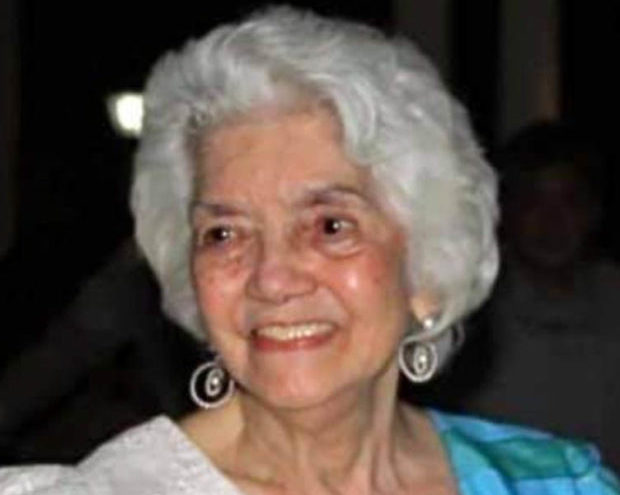
Ma. Zeneida “Nini” Avanceña —CONTRIBUTED PHOTO
MANILA, Philippines — Ma. Zeneida “Nini’’ Quezon Avanceña, a daughter of a wartime president from a bygone political era, who decades later joined the struggle against the Marcos dictatorship, died on Monday at age 100.
Avanceña was the second of the four children of the late President Manuel L. Quezon and Aurora Quezon.
“She passed away surrounded by her children, at home, achieving one of the devoutest wishes of the faithful—a true Christian death, at peace with her Maker and the world,’’ her nephew, Inquirer columnist Manuel L. Quezon III, said on Facebook.
In a tribute, Sen. Francis Pangilinan said Avanceña spent most of her 100 years as “a family woman’’ and “staunch ally of justice and human rights.’’
“She always carried her family’s legacy with grace and added her own pursuits befitting the needs of the time,” Pangilinan added.
Rage against abuses
During martial law, Avanceña cofounded the Citizens Organization for Political Detainees and served on the board of the Philippine Union for Human Rights and the Ecumenical Commission for Displaced Families and Communities.
She was one of the prime movers of the Concerned Women of the Philippines, which spoke out against the abuses of the Marcos regime.
“Tita Nini and I linked arms when I was a student activist during martial law. She lent her name and gravitas to difficult valuable causes, including those of political detainees. She made such an impact,’’ Pangilinan said.
After the 1986 Edsa People Power Revolution that ousted Ferdinand Marcos, Avanceña, together with opposition leaders Jose “Pepe” Diokno and Lorenzo Tañada, served in the Presidential Commission on Human Rights.
“What a classy lady—dignified, resolute, a patriot who deeply loved our country and always did what she could for her,’’ former Sen. Mar Roxas said.
“Born during the Commonwealth, witness to her father’s struggle for independence and thereafter carried on through every chapter of our nation’s ongoing journey. Quiet and retiring during the ups, righteous and vocal during the downs, she was always on the front lines when it mattered most. Truly, win or lose, it’s the Philippines we choose,’’ Roxas added.
Giving up family lands
Avanceña submitted the family’s lands in Arayat, Pampanga, and in Baler, Aurora, to agrarian reform in 1949 and after the 1986 revolution, respectively. For this, she received an award from the Department of Agrarian Reform as the first to submit to the land redistribution program.
She also served as president of the Philippine Tuberculosis Society (President Quezon died of TB) and as the first president of Assumption College Alumni Association in 1965.
She continued the family’s engagements with the Red Cross and the Young Ladies’ Association of Charity, among others.
She married Felipe Buencamino III in 1947. Two years later, however, on April 28, 1949, Buencamino, her mother Doña Aurora and her elder sister Maria Aurora were ambushed and killed by members of the peasant guerrilla group Hukbalahap in Bongabong, Nueva Ecija.
She had two children with Buencamino and seven with her second husband, Alberto Avanceña, whom she married in 1951.
Avanceña’s burial will be on July 21.